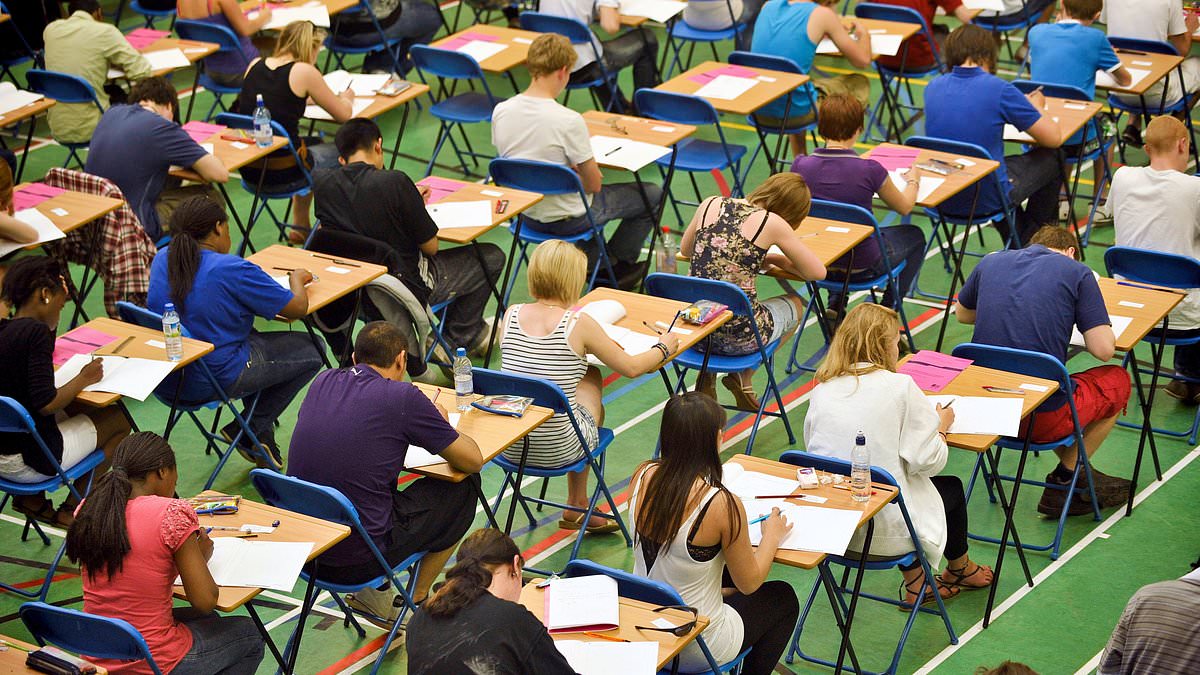
Recent analysis of official data from the Department for Education (DfE) reveals that white pupils have the lowest chances of enrolling in top-ranking universities in the UK for the third consecutive year. Only 11.7% of white students aged 19 attended these ‘high-tariff’ institutions, a figure lower than the 12.1% of black pupils, 15.5% of mixed-race students, and 18.6% of Asian students.
Key Drivers Behind the Disparity
A significant factor contributing to this trend is the underperformance of white pupils from low-income families, who are among the least likely to access higher education. Alarmingly, only 3% of white students from disadvantaged backgrounds gain entry to these top universities, which have the highest entry requirements.
Education Secretary Bridget Phillipson has labeled this situation as a ‘national disgrace.’ She recently pledged to prioritize efforts to improve outcomes for white working-class students, citing the need to tackle these entrenched inequalities in education.
Contrasts Among Ethnic Groups
Professor Alan Smithers from Buckingham University emphasized the stark contrast in educational outcomes, noting that ethnic minority students often outperform their white peers. He explained this trend by referencing the importance placed on education by overseas-born families, many of whom come from cultures where academic success is closely tied to life opportunities.
Additionally, data shows that British-born students are less likely to enter university compared to those from migrant backgrounds. Entry rates for native English speakers stand at 42.8%, while students whose first language is not English have a rate of 60.9%.
Addressing Institutional Inequalities
Professor Smithers also defended UK universities against claims of institutional racism, suggesting they are welcoming to students from diverse ethnic backgrounds. He argued that accusations of systemic prejudice often stem from misconceptions imported from sociological narratives in the United States.
The DfE highlighted that addressing baked-in inequalities in education remains a priority. A spokesperson stated, “This Government is committed to supporting the aspirations of every person who meets the requirements and wants to go to university – regardless of their background.”
The analysis covered students who attended English state schools from 2023/24 data, excluding those from private schools or outside England. Moving forward, experts and policymakers agree that closing the academic gap for disadvantaged groups will require comprehensive initiatives and targeted reforms.





